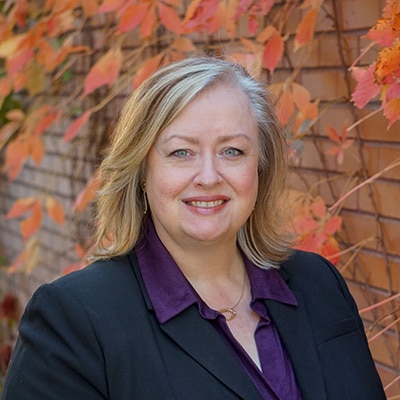Contemplative Practice & Studies
Across all degree programs, classes, and workshops, a gift supporting contemplative practice and studies helps ensure Naropa University’s as a leader in contemplative education in the United States.
Center for the Advancement of Contemplative Education (CACE)
As a hub for the study and development of contemplative education, CACE at Naropa offers various ways for educators and students to integrate contemplative pedagogy and practice into their teaching and studies. Here at Naropa, contemplative education is at the very heart of what we do.
Contemplative practices—mindfulness, compassion, meditation, yoga, and more—guide our students to their most authentic selves. Here, you will discover that your academic achievements and future successes are most powerful when matched with the sense of purpose that comes from knowing yourself. This is how you will find the work you are meant to do. This is how the world is transformed.
Joanna Macy Center for Resilience & Regeneration
A scholar of Buddhism, general systems theory and deep ecology, Dr. Joanna Macy has been a visionary force in environmental activism. Her groundbreaking work draws from spiritual traditions, general systems theory and deep ecology to inspire a transition to sustainable human culture.
The Joanna Macy Center for Resilience and Regeneration at Naropa seeks to advance the Dr. Macy’s vision and legacy to empower present and future generations in building a more resilient world that works for all.
Lenz Distinguished Lecturer in Buddhist Studies and American Culture
The Lenz Foundation Distinguished Guest Lecturer Program in Buddhist Studies and American Culture and Values promotes diversity of thought and practice at Naropa University with distinguished guest lecturers drawn from communities, traditions and scholarship related to Buddhism in America that supplement existing university expertise.
Please visit the Extended Campus web section for information pertaining to the 2023 Lenz Distinguished Lecturer, Calligrapher Barbara Bash.
The Naropa Tea House
In the early 1980s, Chögyam Trungpa Rinpoche conceived a Japanese-inspired tea house, which was then constructed by his students as a birthday gift. It was a perfect addition to a contemplative community centered on mindful spaces and practices. Originally located at Trungpa Rinpoche’s Boulder home, the tea house was moved to Naropa’s Arapahoe Campus in 1989, two years after his passing.
Throughout the years, the tea house has been a resource for contemplative practice, intercultural competency, and appreciation of the arts for students and community members. A retreat from the noise and speed of daily life, the tea house is an integral and indispensable part of Naropa’s history and our founder’s original vision. Rooted in Naropa’s history and its founder’s vision, revitalizing the tea community hinges on nurturing the practice space, requiring upkeep to preserve its uncluttered and lucid ambiance. Delve deeper into the legacy of the historic Naropa Tea House.
Naropa University’s Federal Employer Identification Number (EIN) is 84-1029228.
All donations are tax deductible to the full extent allowed by law.

Start
A Conversation
Sharla J. Owens
Associate Vice President for Development
FAQ
What is Accreditation?
Accreditation is the process by which an outside review body certifies a college or university as meeting certain educational standards. Accreditation is an important “stamp of approval.” Accredited colleges and universities have proven that they are committed to educational quality and improvement.
What is the Higher Learning Commission?
The Higher Learning Commission (HLC) is an independent corporation which accredits degree-granting post-secondary educational institutions.
Has Naropa Undergone Accreditation Before?
Yes. Naropa University was first accredited in 1986 by the North Central Association and has been continually accredited since that time. Most recently, in 2015, Naropa’s accreditation was reaffirmed by the Higher Learning Commission.
Why is Attending an Accredited College or University Important?
There are many good reasons to attend an accredited institution. Here are a few of them:
- Quality Education – Accredited colleges and universities deliver high quality educational programs.
- Financial Aid – Accredited schools receive student financial aid dollars.
- Transfer – Most schools will only accept transfer credits from an accredited school.
- Graduate School – Most graduate programs will only accept students with degrees from accredited schools.

